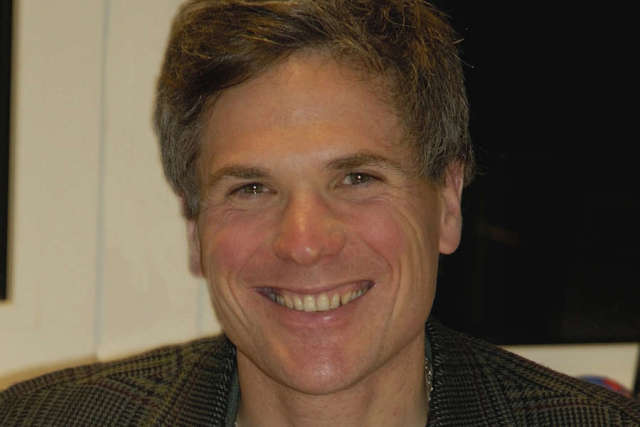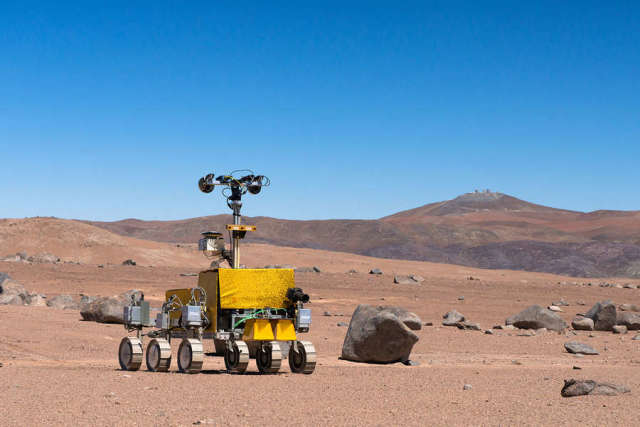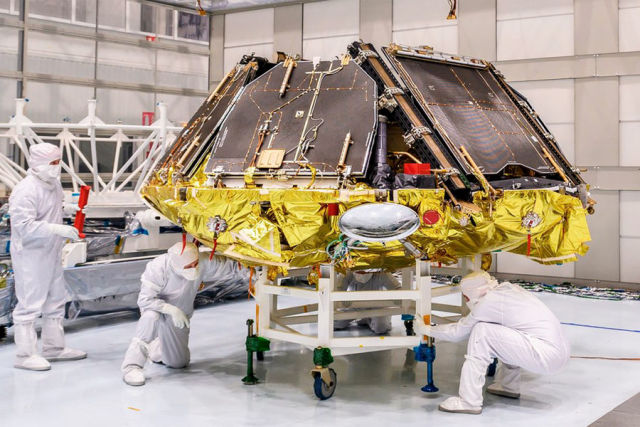The European Space Agency told whether they can do without Russia in a mission to Mars
After breaking off the partnership with Roscosmos, the Europeans may have to create a landing module for the Rosalind Franklin rover themselves instead of the Cossack. The scientific director of the European part of the ExoMars 2022 mission, Jorge Vago, told the newspaper.Ru", how long it may take to develop your device.
On March 17, the ruling council of the European Space Agency (ESA) decided to terminate cooperation with Russia on the ExoMars 2022 mission due to the situation in Ukraine. Josef Aschbacher, Director General of ESA, sent a letter to the head of Roscosmos Dmitry Rogozin and notified him of the termination of the partnership on the project.
The key element of ExoMars 2022 is considered to be the Rosalind Franklin rover created by ESA, designed to search for traces of life. Russia provided the Proton-M rocket for launch, and also manufactured the Kazachok lander for the rover. Kazachok has an independent set of scientific instruments and was also supposed to contribute to the study of Mars. It is still unclear what Rosalind Franklin will fly after the breakup of cooperation and whether it will fly at all. The start of the mission was scheduled for autumn 2022.
Jorge Vago, scientific director of ExoMars 2022 from ESA, told the newspaper.Ru", how long it may take to make a replacement for the "Cossack".
"The development of a new lander will take us a very long time. If we are not able to send a mission in the current configuration, I do not see the possibility of launching it before 2028," the scientist said.
In response to a question about the possibility of accelerating the development, for example, by contacting other international partners, Vago replied that the construction of a new lander in any case takes about six years.
- he explained.

Jorge Vago
Image Source: ESA
The ESA representative said that the international partnership on space is a boon, because it brings peace and unites people. Vago also expressed hope that "peace will be established as soon as possible, which will allow the work on ExoMars to continue."
It is known from official data that on March 17, the agency's ruling council instructed Director General Josef Aschbacher to investigate the industry and find out what steps can be taken to make the mission take place. In the evening of the same day, Ashbacher said that he was considering cooperation with NASA on this project, and the American side "very willingly offered its help."

Rosalind Franklin Ground Tests
Image Source: ESA
At the moment, the fate of the "Cossack" is not clear. According to the latest published data, he is in Turin for testing, where he is being prepared for launch. Vago refused to answer the question whether there is a technical possibility to use the lander without the participation of Russian partners. At the same time, the head of Roscosmos, Rogozin, commenting on the decision of the Europeans, promised to organize the mission independently, without international partners.
- he declared.
In world practice, there has never been a case when a partnership with the manufacturer of a key component of a space mission was terminated a few months before launch for political reasons, so it is impossible to find an analogy from the past. The devices of the Kazachka and Rosalind Franklin class are manufactured according to an individual project for a specific launch vehicle. However, there were examples of replacing key components of the mission. For example, the Galileo spacecraft, launched to Jupiter in the late 1980s, was originally supposed to fly with the Centaur upper stage, which would be put into orbit in the cargo compartment of the shuttle.
After the explosion of the Challenger shuttle, the placement of a hydrogen upper stage in the cargo compartment was considered unsafe. As a result, the Centaur was replaced with a solid-fuel IUS unit with a lower specific impulse. In this regard, the mission team had to develop a new, significantly longer Galileo trajectory with many gravitational maneuvers.
Vasily Zaitsev

